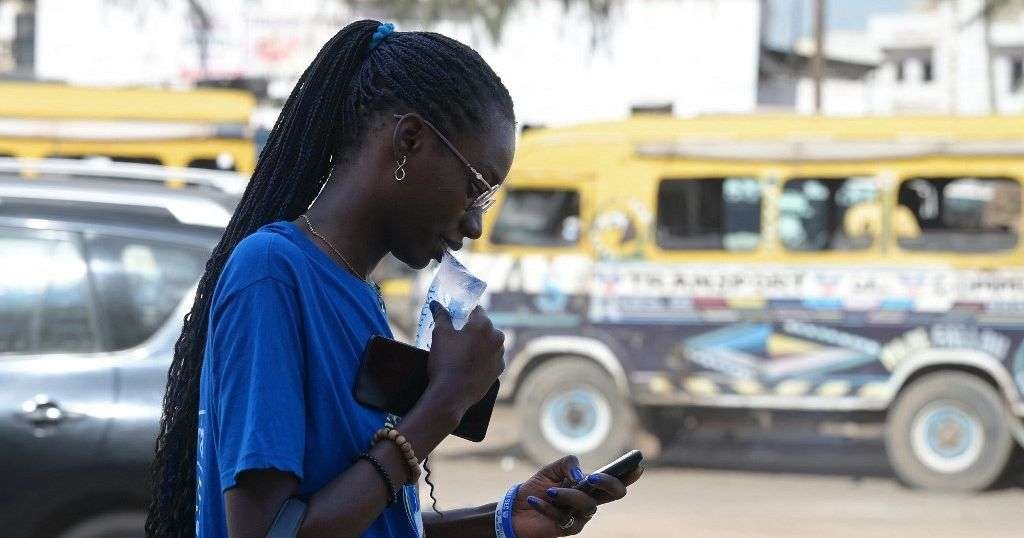Dakar, Senegal – (African Boulevard News) – Senegal is facing a plastic crisis as pervasive water sachet usage continues to drown the nation in plastic waste. While water sachets have become an integral part of life in the West African nation, they are also a key contributor to the plastic pollution that mars the streets and coastlines.
The convenience and affordability of water sachets have made them a popular choice among Senegalese, who often lack access to clean drinking water. However, their widespread use has led to an alarming accumulation of plastic waste. These small single-use plastic bags are discarded everywhere, turning the country into a landfill.
According to environmental experts, Senegal produces approximately 1.6 million tonnes of plastic waste annually, with water sachets accounting for a significant portion of this waste. The lack of proper waste management infrastructure exacerbates the problem, allowing plastic to make its way into rivers and ultimately into the ocean.
Marie Diouf, an environmental activist in Dakar, highlights the urgency of the situation, stating, “Our beaches are suffocating under the weight of plastic. It’s not only harming the environment but also affecting the livelihoods of local communities dependent on tourism and fisheries.”
The impact of this plastic crisis extends beyond environmental concerns. The World Health Organization (WHO) has raised concerns about the potential health risks associated with the consumption of water from these sachets. The plastic can release harmful toxins when exposed to heat, posing a threat to both humans and marine life.
Efforts are being made to address the issue. The Senegalese government has implemented a nationwide ban on the production, importation, and sale of plastic bags below 30 microns in thickness. However, the ban does not cover water sachets, which remain unregulated.
Environmental organizations and activists are calling for stricter regulations and the promotion of sustainable alternatives such as reusable water bottles and water filtration systems. They emphasize the need for improved waste management systems and increased public awareness about the detrimental effects of plastic pollution.
Issa Sow, a local entrepreneur who manufactures sustainable alternatives to water sachets, urges the government to take decisive action. “We need a comprehensive approach that not only bans the production of water sachets but also supports the production and distribution of affordable alternatives,” Sow says.
As Senegal struggles to overcome its plastic crisis, the need for collective action and innovative solutions becomes increasingly evident. It is crucial for both the government and the citizens to work together to reduce plastic waste, protect the environment, and ensure a sustainable future for generations to come.

